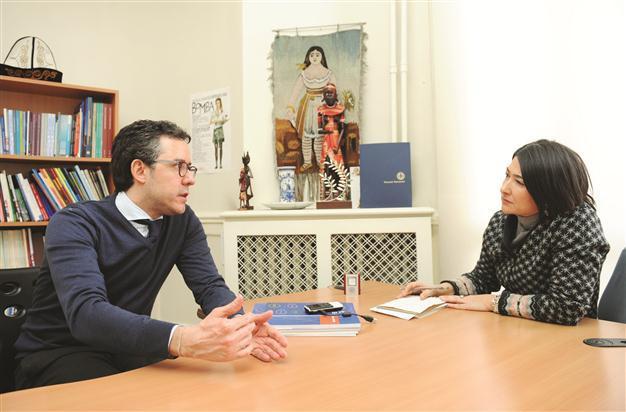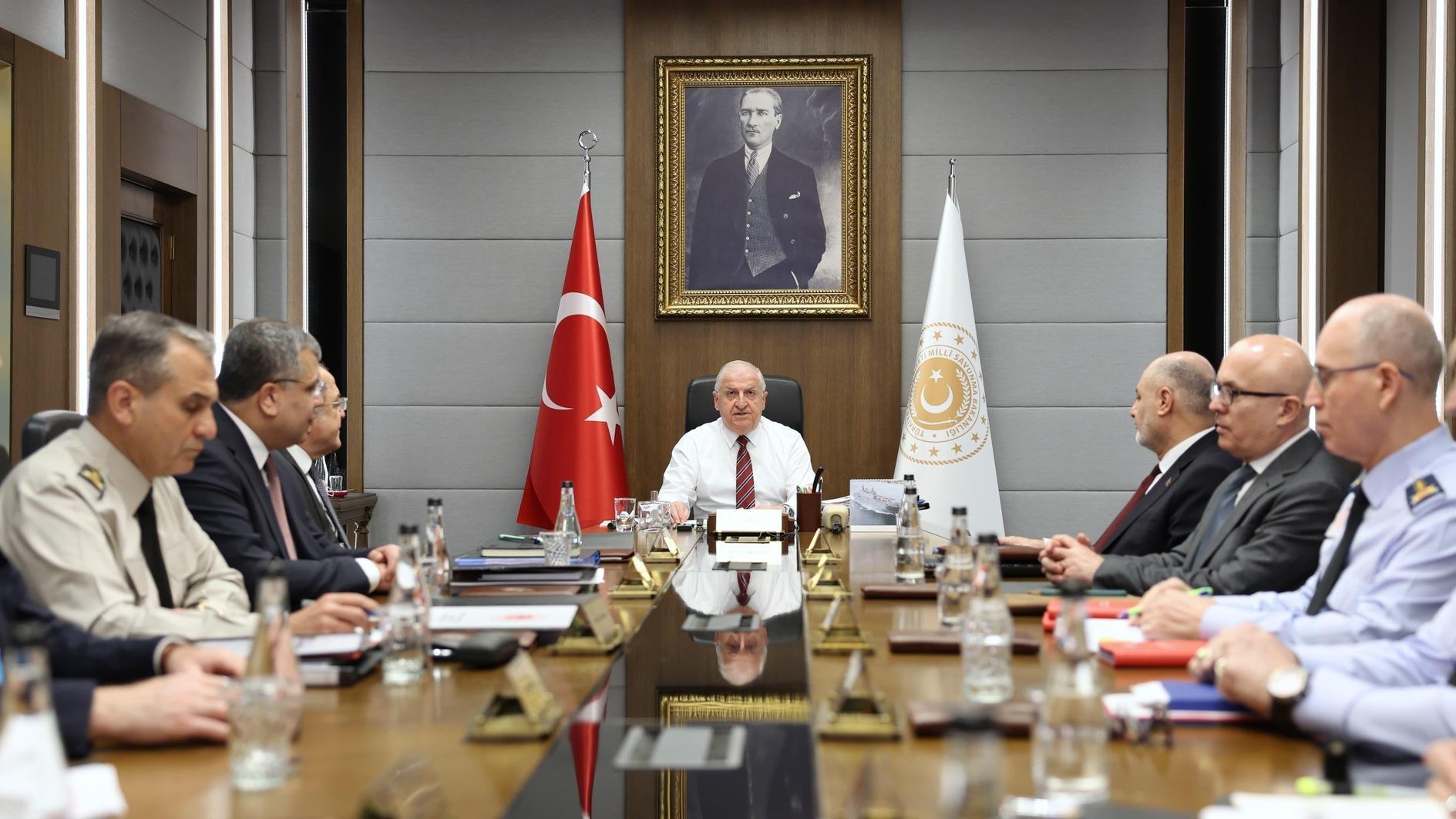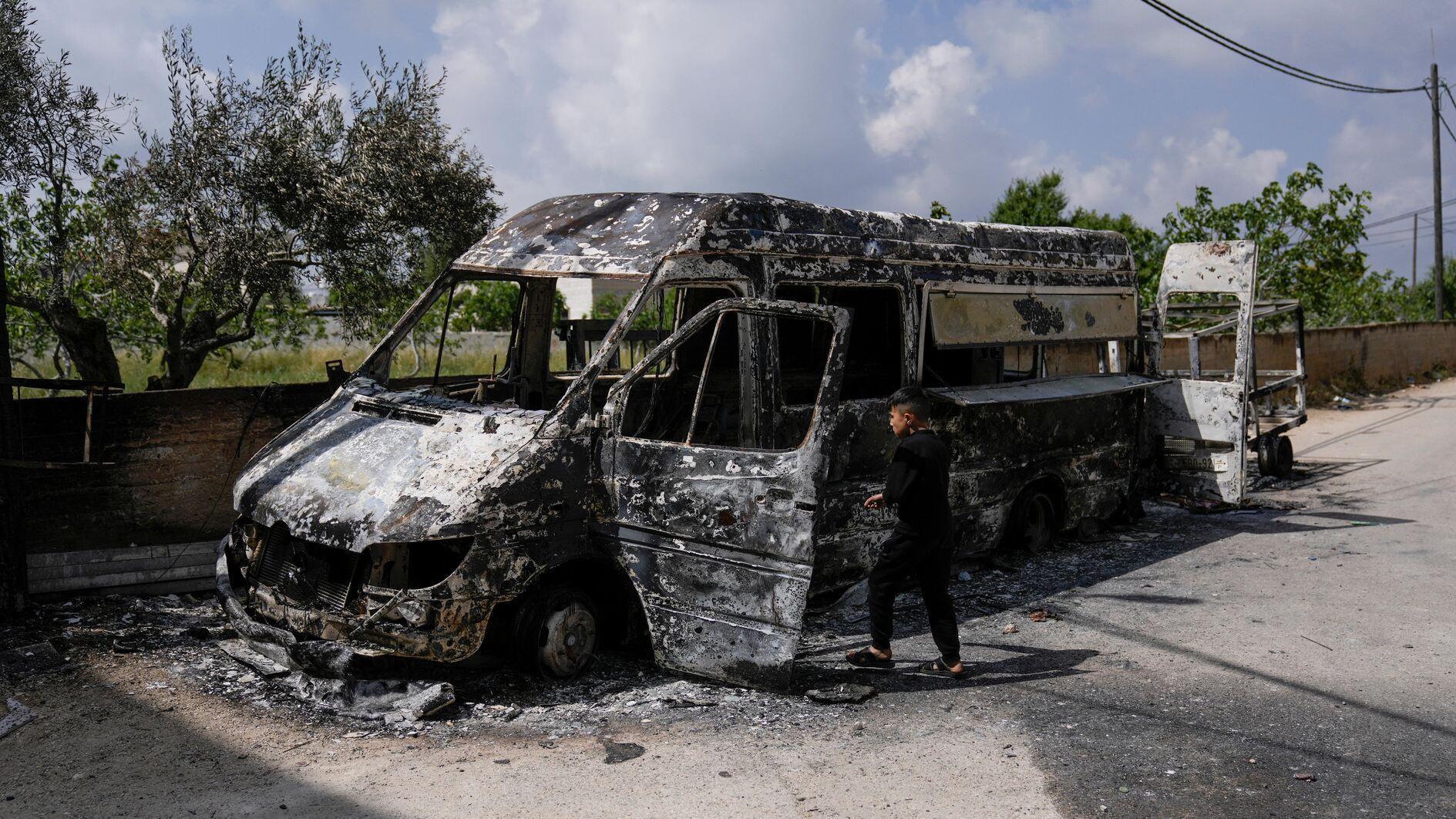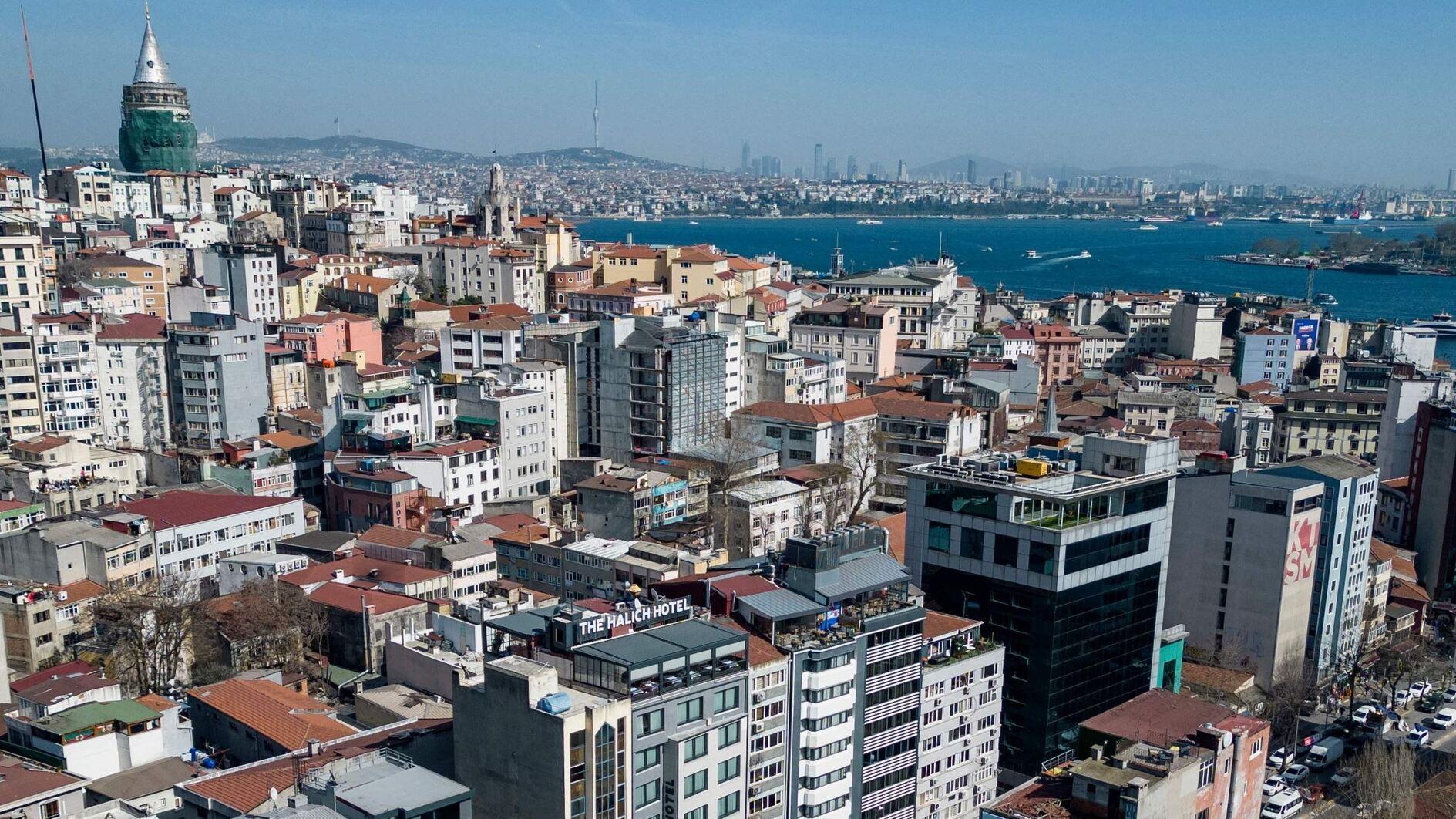Better schooling requires more than just giving out tablet PCs
Hürriyet Daily News

Turkey succeeds in having almost everyone enrolled in basic education, says Batuhan Aydagül. The challenge remains having the students continue education he adds, talking in the officies of Sabancı University. HDN photo
The success of the government’s Fatih project to gradually replace traditional blackboards and textbooks with smart boards and tablet PCs over the next four years depends entirely on the implementation of complementary measures, according to an education specialist.“The approach needs to be holistic about the content of the tablet and teacher training. If you just leave it at ‘we gave the tablets and put smart boards in the classroom,’ you won’t be able to get an outcome,” said Batuhan Aydagül, the coordinator of Sabancı University’s Education Reform Initiative (ERI).
“This is a huge opportunity to improve the quality of education,” said Aydagül in the wake of the government’s announcement last week that it had started to distribute the tablets. “But we are in a wait-and-see period for the implementation,” he told the Daily News in a recent interview.
What’s the current picture in the Turkish education system?
There have been serious reforms initiated over the course of the last 10 years, but while we have succeeded in increasing enrolment, we have not succeeded in increasing learning outcomes. We have more children going to school but we don’t have more children that have learned more.
You suggest the reform process started with the Justice and Development Party (AKP).
Since 2003 we have witnessed serious momentum in educational reform. When I analyzed the AKP’s electoral manifesto, I concluded that it [largely] overlapped with the educational priorities of international development. The reform of the curriculum in 2005 was a fundamental change that started with a reformist mentality. It was said that the reform to the curriculum was to be the first step to having active citizens rather than passive ones. This was a milestone. Prior to that, the curriculum carried the shadow of the 1980 military coup.
Religious courses should not be taught in schools as a constitutional
obligation. But if it is compulsory or elective, it should be equidistant to all religions and beliefs.
obligation. But if it is compulsory or elective, it should be equidistant to all religions and beliefs.
The problem in our public policy is that we can’t effect a holistic and systematic approach. To improve learning outcomes, you first need to change the curriculum, then provide teacher training and, finally, [acquire] teaching materials. You need improvement in these three categories at the same time. In Turkey there was a lot of focus on the curriculum, and serious progress was made, but there was not enough focus or progress in the two other parts.
The curriculum for instance aims to achieve critical thinking. You expect a teacher that has been educated under the old paradigm, lacking the skill of critical thinking, to teach it to students. That does not work.
So the main success of the reform process has been to have more children going to school.
We are nearly at the point of having almost everyone enrolling in basic education. But the challenge remains having the students continue and graduate. Based on 2009 figures, 16 percent of girls in the 15-19 age group are literate but not graduates of compulsory basic education.
What do you mean when you say we don’t have more children learning more?
Around 60 percent of 15-year-old children cannot solve a basic math problem. A large portion of students do not possess basic competence levels in mathematics, Turkish and science. Children finish eight years of education without acquiring basic competence.
In every school day in 2008-2009, 2,000 high school students dropped out from secondary school. That simply demonstrates the lack of quality in education. This is a big handicap for Turkey’s economic development and social cohesion. In Turkey people don’t discuss, they fight because they graduate from schools without gaining the mental basics to enter a debate and at the point of disagreement, they start fighting.
We kept saying “A lot has been done, yet children do not learn more because you have not done much about the teachers.” The new minister, Ömer Dincer, said the moment he came to office that policies on teachers would be reviewed. This is the first time in eight years that I have heard the most correct statement from the ministry’s top administrator.
It seems unrealistic for Turkey to become the world’s 10th biggest economy by 2023 when it ranks so low on quality of education.
It will be difficult to achieve that target unless Turkey makes improvements in the learning outcomes. [Organisation for Economic Co-operation and Development] indicators show that economic growth is linked to the increase of cognitive skills and that increase enrollment has little effect on growth.
Where does the prime minister’s statement that the government aims to raise religious generations fit into this picture?
It does not fit in anywhere. We talked about priorities, like the need for continued attendance and teacher training. All this is nothing ideological. We are after an outcome that the government, opposition and civil society can all agree upon: Children should graduate from schools knowing more and with a base that will enable them to practice their knowledge, be active citizens. [The prime minister’s call] has no place among these priorities. I don’t think the ministry has this on the agenda.
From time to time we obviously see some examples, like taking students on the umrah [a pilgrimage to Mecca separate from the hajj] during winter break. We [ERI] have always made calls for ideology to kept outside of this [educational] sphere as much as possible. We don’t want discussions to take place through ideological lenses. We want a rational debate with scientific input. When you lean on religion or politics, then the atmosphere which is already sensitive, becomes tenser, rendering debate even more difficult. We need a more consensus-seeking approach on an issue as essential as education.
ERI called for an end to religious compulsory education, which contradicts with the prime minister’s wish.
We have advocated that religious courses should not be taught in schools as a constitutional obligation. Religious education has no place in the Constitution. It should not be compulsory. If it is compulsory or elective, it should be equidistant to all religions and beliefs. Information should be provided with a universal lens; Christianity should not be explained with an Islamic eye or Alevi beliefs with a Sunni eye. If there is a wish for religious education, it should be upon request. There are universal values that children need to endorse and critical thinking is crucial since that will give them the capability to judge for themselves any indoctrination whether it is religious or militaristic.
What do you think about the Fatih project?
It is one of the Republic’s most important educational investments. It is very ambitious and there is no other example of it in the world in terms of hardware investment. Its success depends on the change in paradigm. The approach needs to be holistic and systematic about the content of the tablet and teacher training. If you just leave it at “we gave tablets and put smart boards in the classroom,” you won’t be able to get an outcome. The holistic approach is there on paper but it is too early to judge. We are in a wait-and-see period in terms of the implementation. But I see it as a huge opportunity. If the officials prove to be less rigid in the content of the tablets, we have the opportunity to provide a better quality of education through these technological tools and have easier access to teachers.
Who is Batuhan Aydagül?
Batuhan Aydagül is the Coordinator of the Education Reform Initiative, a non-governmental think-tank supported by 18 prominent Turkish institutions. He is an education specialist with more than 10 years experience in education policy/administration, in both developing and post-conflict countries.
He has a BA in Business from Marmara University and an MA in International Comparative Education from Stanford University. He is a recipient of a “Distinguished Service Award” from the Liberia Ministry of National Education, where he worked as an advisor for a year upon nomination by UNICEF.
He serves on the Advisory Board of the Mother and Child Education Foundation, and the board of the Network of Education Policy Centers, a network of 23 centers from 20 countries.
















